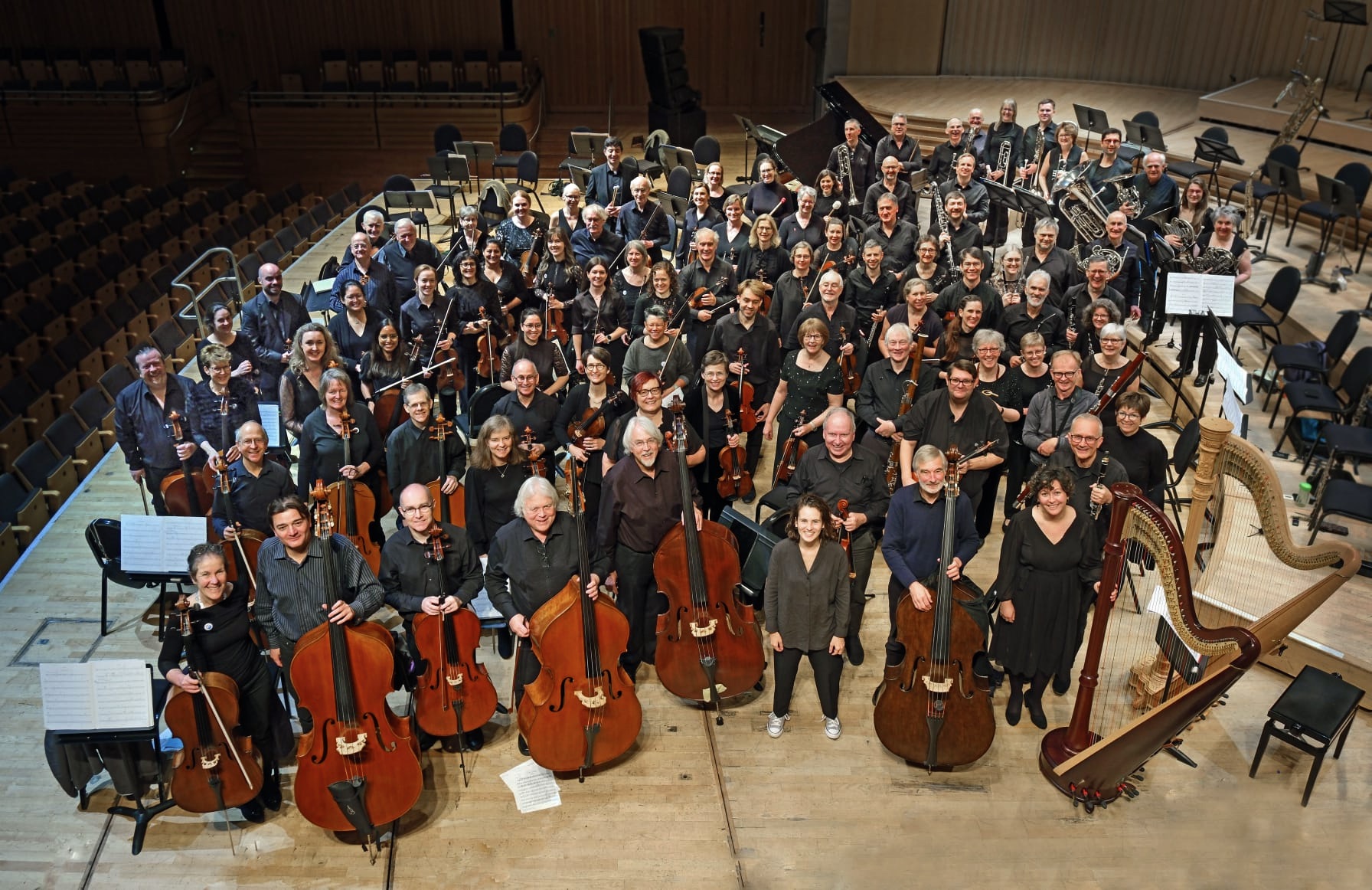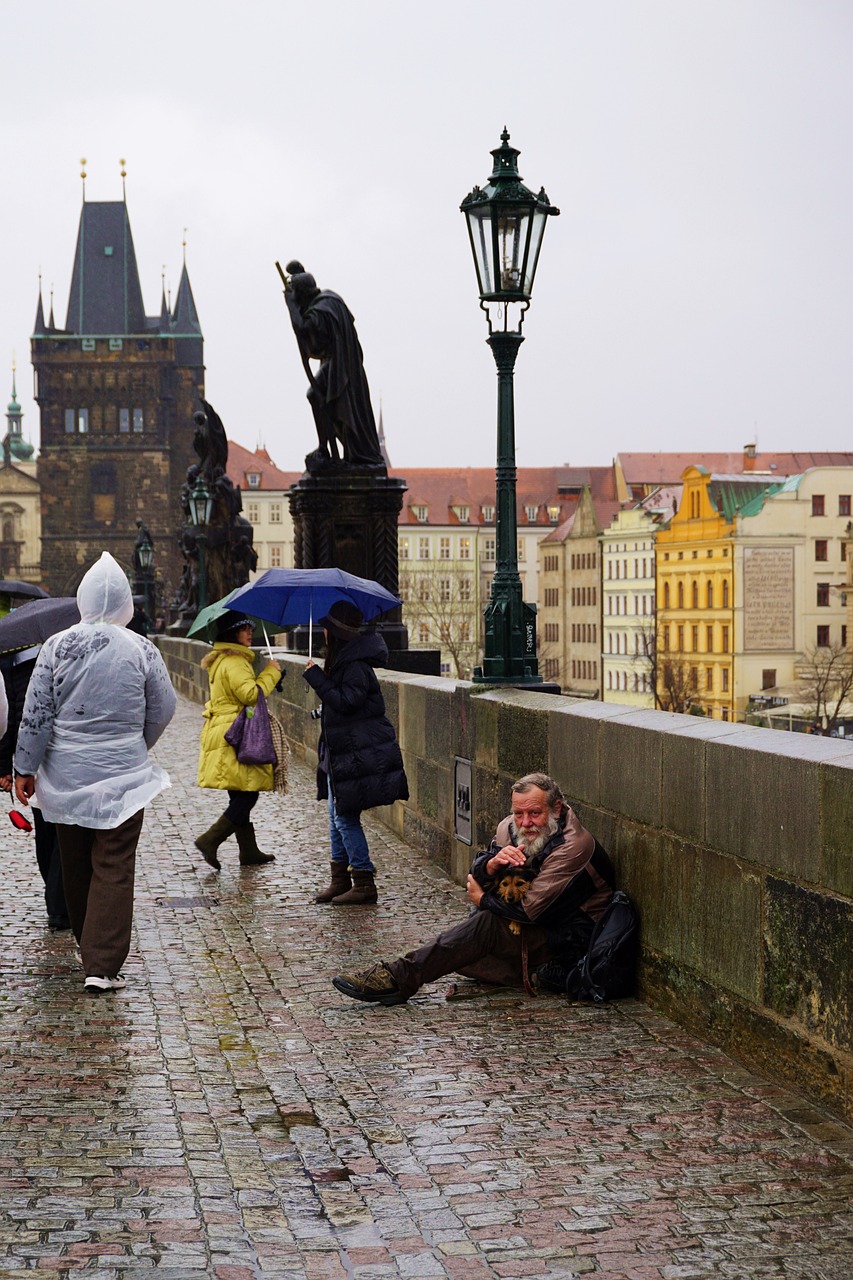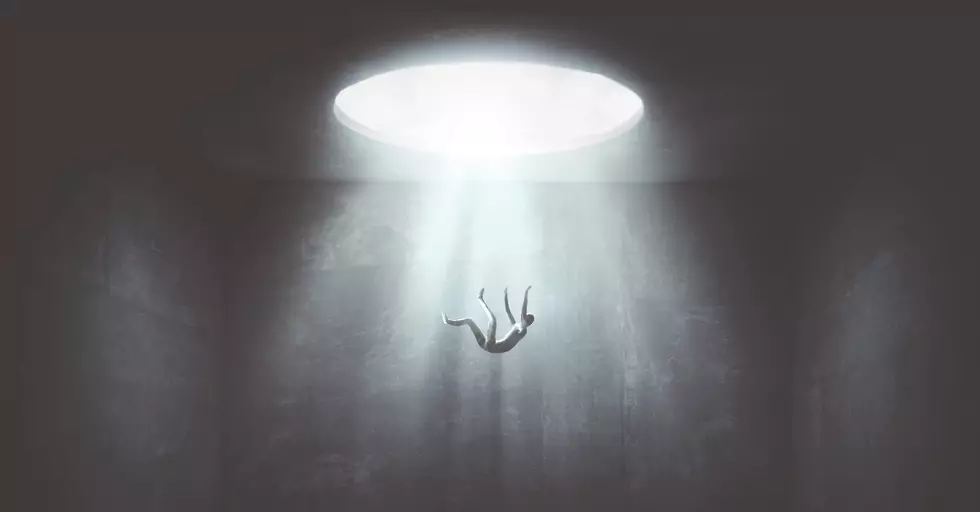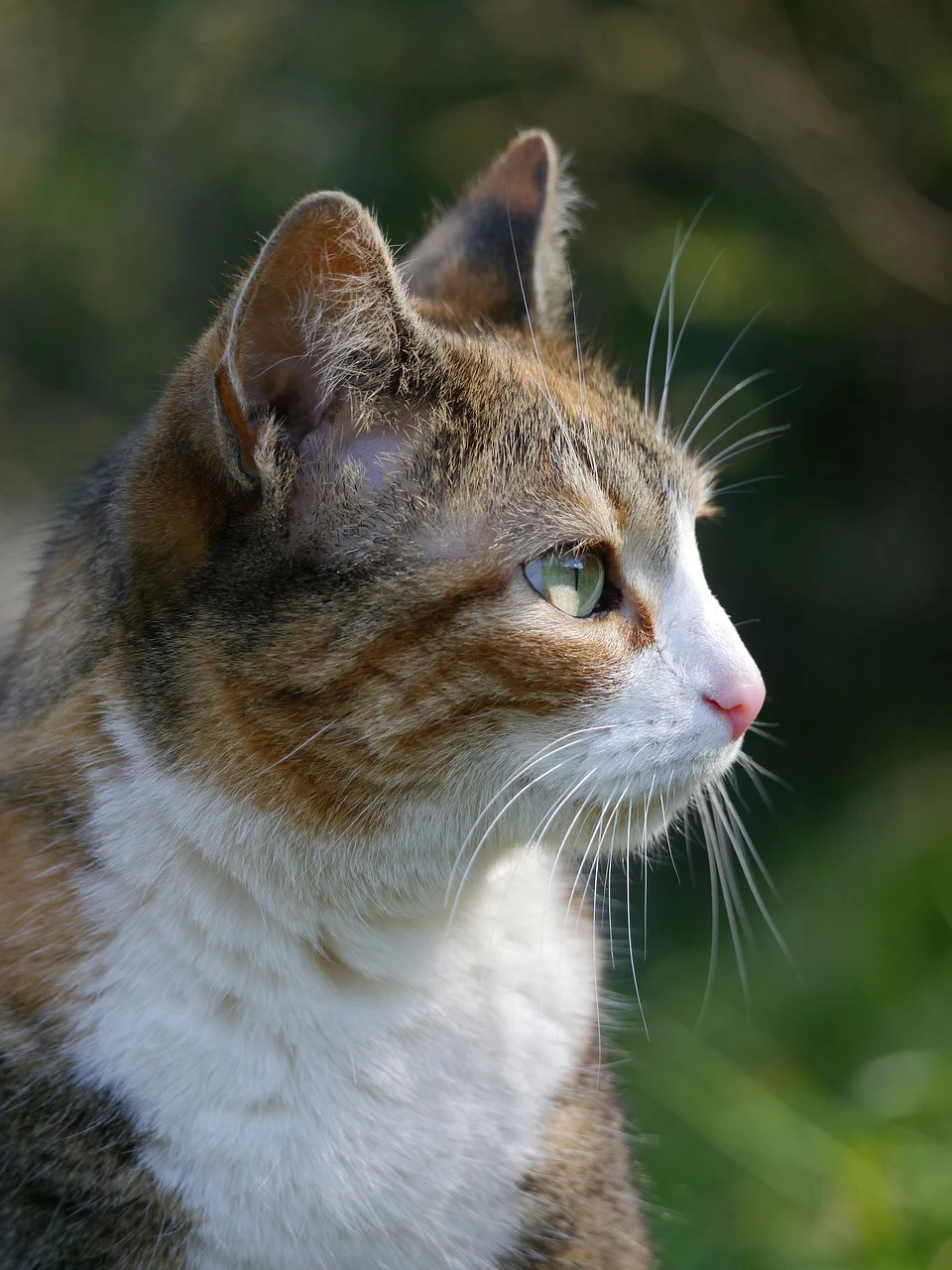Music and Medicine are wonderful partners!
The idea of a European Doctors Orchestra was first mooted twenty years ago by Miklos Pohl, a plastic surgeon who proposed an orchestra for medical musicians from across Europe an opportunity to join for a sociable weekend of playing music. Miklos, who is Hungarian by birth, gained support from a small group of enthusiastic fellow doctors and professional conductor Rupert Bond for the inaugural concert in London in 2004.
The EDO is now a full symphony orchestra of about 100 doctors from all over Europe. In the past 20 years they have performed over 40 concerts in many European cities. Income from these public concerts always benefits a medical charity, and promotes the performance and appreciation of music. Players, most of whom are also physicians and surgeons in full-time work, derive great satisfaction from coming together for a weekend of rehearsals under the baton of a professional conductor. They pay for their own accommodation and travel expenses as well as a registration fee that covers the cost of the concert venue, soloists and conductor, and proceeds from ticket sales go to the charity chosen for that particular concert.
Of course, the social aspect of each tour is of equal interest, and the sharing of new research within the different medical specialties and nationalities. It is believed that every anatomical organ of the human body has a medical specialist who is a musician in the orchestra!
In this photo taken for EDO’s 20th anniversary, James is standing beside the harpist.










